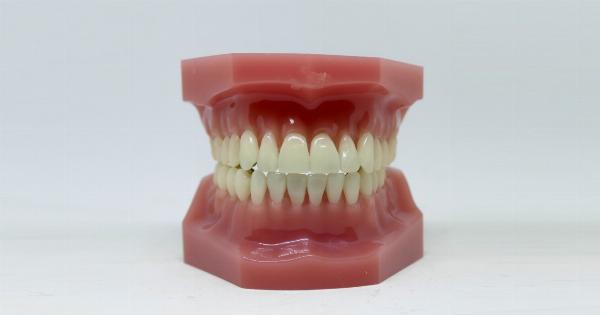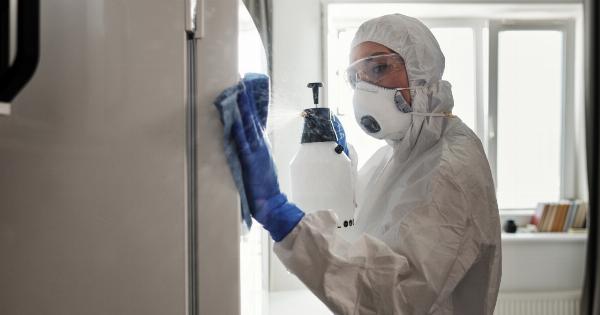A smile is a powerful thing. It can convey confidence, happiness, and even make us more attractive.
One of the biggest factors in a great smile is white teeth, and while there are endless products and DIY remedies promising to whiten our teeth, a fast and effective option is laser whitening, also known as laser bleaching.
What is Laser Whitening?
Laser whitening, or laser bleaching, is a cosmetic dental treatment that uses a laser to activate a whitening agent applied to the teeth. The treatment takes about an hour and is typically done in-office by a dental professional.
The process is designed to remove stains and discoloration caused by food, drink, tobacco, and age.
How Does Laser Whitening Work?
The first step in a laser whitening treatment is to thoroughly clean the teeth. Then, a whitening agent containing hydrogen peroxide is applied to the teeth.
The laser is then used to activate the whitening agent and accelerate the chemical reaction that breaks down the stains and discoloration in the enamel of the teeth. After about 15 minutes, a new layer of the whitening agent is applied and the process is repeated 2-3 times.
Benefits of Laser Whitening
There are many benefits to choosing laser whitening as a teeth whitening solution:.
- Fast Results – Laser whitening is a relatively quick treatment that can be completed in about an hour.
- Effective – Laser whitening is highly effective at removing stains and discoloration, leaving teeth several shades whiter.
- Safe – Laser whitening is a safe treatment when performed by a dental professional and has little to no side effects.
- Long-lasting – With proper care, the results of laser whitening can last for years.
Is Laser Whitening Right for You?
Laser whitening is a great option for many people looking to whiten their teeth. However, not everyone is a good candidate for the treatment.
Those with gum disease, cavities, or other dental problems may need to address those issues before undergoing laser whitening. Additionally, those with particularly sensitive teeth may need to consider other options, as the laser can cause temporary sensitivity during the treatment.
Aftercare and Maintenance
After a laser whitening treatment, it’s important to avoid foods and drinks that may stain your teeth, such as coffee, tea, and red wine, for at least 24 hours.
You should also maintain a regular brushing and flossing routine to keep your teeth healthy and white. Additionally, you may choose to use a touch-up kit or book occasional maintenance treatments to keep your teeth looking their best.
The Cost of Laser Whitening
The cost of laser whitening varies depending on the location and provider, but it’s generally more expensive than other teeth whitening options.
While DIY whitening strips and at-home kits can cost as little as $20, laser whitening can cost anywhere from $500 to $1000. It’s important to remember that the cost of laser whitening may be worth it for the fast and effective results.
Is Laser Whitening Worth the Investment?
If you want to achieve a brighter, more confident smile, laser whitening may be a worthwhile investment. The fast, effective results are hard to ignore, and the convenience of an in-office treatment is hard to beat.
Additionally, laser whitening has been shown to be a safe and reliable treatment option when performed by a dental professional.
The Final Word
A bright, white smile can do wonders for your self-confidence and overall appearance. If you’re looking for a fast, effective way to whiten your teeth, laser whitening may be the perfect solution for you.
Just make sure to consult with a dental professional to determine if you’re a good candidate for the treatment and to discuss aftercare and maintenance options.




























